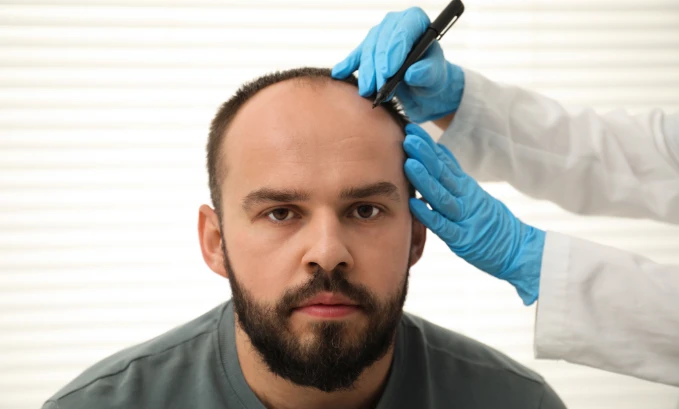
Keeping your pool clean and swimmable at all times requires a combination of chemicals. You will need a chemical to keep algae from infesting your pool, a chemical to balance the pool and control metal content, another to sanitize it and keep it clean and maybe a couple more chemicals to keep your pool in perfect condition, depending on the type of pool and the location. Sometimes, however, adding chemicals to the pool is not just all that you need to do, you also need to be sure that the chemical is doing exactly what you want it to do by adding what is known as “assistant” chemical.
One of those assistant chemicals is the Cyanuric acid, popularly known as the Chlorine Stabilizer. The main job of the acid, as its name implies, is to stabilize the chlorine added to the pool so that it lasts longer. The work of chlorine is to sanitize the pool and keep it clean. This helps to reduce the number of times you have to redo the process and saves you money. Pretty simple, right? Wrong. As we have said earlier, you will be using a combination of chemicals for your pool and subpar knowledge on their function and use could lead to some unnecessary headaches. First, you need to take a look at this guide here and learn all there is to know about this chemical. The information is already out here on the internet, all you need to do is to take the time and absorb it.
So What is Cyanuric Acid?
Cyanuric acid is a type of chemical compound known as triazine and the name simply infers that it contains three carbon and three nitrogen atoms. There are other triazine compounds like herbicides, disinfectants and polyurethane resins.
Cyanuric acid is usually abbreviated as CYA and popularly known as a pool conditioner or stabilizer. It is packed in granule or liquid form which makes it easy to mix with chlorine tablets or sticks. Once CYA is mixed with chlorine, it is referred to as stabilized chlorine as it has already been mixed with a stabilizer.
Why Use Cyanuric Acid?
If you are a pool owner or a pool manager, you definitely need Cyanuric acid. It plays a very important role in pools. However, before you can fully appreciate what it does, let’s take a quick look at what the sun does to chlorine.
There are three types of chlorine in your pool: the combined, the total and the free chlorine. The combined chlorine refers to the amount of sanitizer that has been used in killing pool bacteria and other nasty organisms in your pool.
Total chlorine refers to the total amount of sanitizer present in your pool which is the sum of the free and combined chlorine.
Free chlorine refers to the amount of sanitizer available to keep your pool clean. You get free chlorine when you add only chlorine directly to your pool or when it is created by what is known as saltwater chlorinator. However free chlorine gets into your pool, it is important to keep your pool safe for swimming.
When you add chlorine to your pool water, it is first transformed into sodium hypochlorite ions. When UV rays from the sun reach these ions, they are broken apart and the chlorine evaporates, leaving behind just a little chlorine in the pool water. As a matter of fact, half of the free chlorine will be gone within the first few minutes of exposing the chlorine to UV rays.
Benefits of Cyanuric acid
Since the chlorine disappears that fast, it means you need to keep adding chlorine to keep your pool fresh all the time and that will cost you a lot of money. This is where the Cyanuric acid comes in.
Cyanuric acid keeps your pool from excessive chlorine demand because it helps to keep the chlorine stabilized, protecting it from attacks from UV rays of the sunlight. Without the CYA, your pool will continue to be susceptible to germs and contaminants except you continuously add chlorine.
Instead of making chlorine upkeep and a permanent job, you can simply add Cyanuric acid. As soon as you add chlorine hits your water and transforms into sodium hypochlorite ions, Cyanuric acid binds to it making it very hard for UV rays to act on.
Cyanuric acid will save you time and money and will keep your pool clean and fresh always, free from germs and contaminants, making your swimming experience one to relish always. However, you need to be careful about how much CYA you add to your pool. If you add too much, the effect will cancel out the effectiveness of the chlorine and that would mean you would have wasted money on two chemicals.











